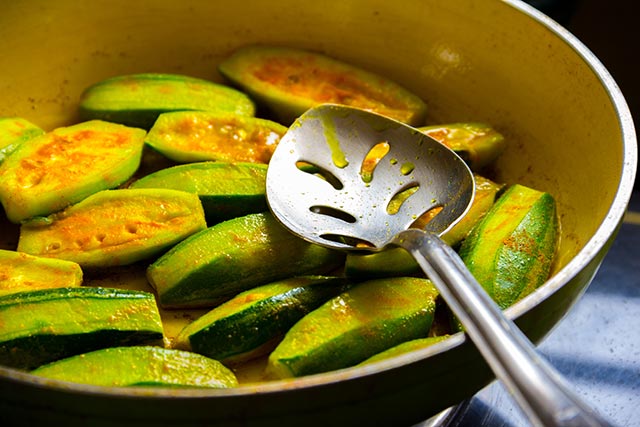Women who take probiotics produce breast milk with different complex sugars that may prevent food allergies and infections
04/11/2019 / By Vicki Batts

Food allergies are on the rise, and many soon-to-be parents are wondering what, if anything, they can do to help reduce the risk of their child developing a life-threatening allergy. Scientists now believe breast milk may just be the answer. As a baby’s main source of nourishment, breast milk is already a top priority for new moms. New research shows that taking probiotics can drastically alter the composition of breast milk sugars, so much so that it can help prevent food allergies and infections.
This stunning new research stands to change the way scientists look at breast milk. For many years, it was believed that the complex sugars found in breast milk were static in composition — but as scientists from University of Rochester Medical Center (URMC) have now shown, these sugars are indeed subject to change. At least, if you consume probiotics.
Publishing their findings in JAMA Pediatrics, the URMC team says their data shows that what pregnant and lactating women eat can have a profound effect on breast milk composition.
Probiotics and breast milk
While it would seem self-evident that what pregnant women eat affects breast milk quality, this study finds that probiotics may have particularly beneficial effects. Until now, scientists assumed human milk oligosaccharides (HMOs) — the sugar molecules found exclusively in human breast milk — were of a fixed composition. But what the URMC team found is that probiotics can alter these sugars in a good way.
As Science Daily reports, HMOs are indigestible for newborns — but bacteria in the microbiome is more than ready to feast on those sugars. Here, they say, is where breast milk-fed babies get an advantage over their formula-fed counterparts. Scientists believe the effects HMOs have on the microbiome may be why breast-fed babies are less likely to have food allergies and stronger immune systems.
Mother Nature's micronutrient secret: Organic Broccoli Sprout Capsules now available, delivering 280mg of high-density nutrition, including the extraordinary "sulforaphane" and "glucosinolate" nutrients found only in cruciferous healing foods. Every lot laboratory tested. See availability here.
Breast milk benefits
Antti Seppo, Ph.D., the paper’s lead writer and research associate professor of Pediatric Allergy/Immunology at URMC, commented, “HMOs were thought to be genetically determined, almost like your blood type. But this data shows you can manipulate the HMOs by external factors.”
Co-author Lars Bode, from the University of California at San Diego, added, “We thought the interaction between HMOs and the microbiome was a one-way street, with HMOs shaping microbial communities by acting as prebiotics. Here, we have the first example suggesting that maternal dietary microbes, in the form of probiotics, shape HMO compositions.”
In addition to boosting immunity, the scientists say current research links HMOs to food allergy risk. Attenuating HMO composition with probiotic consumption is a potential vehicle for allergy prevention, based on the study findings.
Past research has also shown that probiotics play a substantial role in the making of healthy breast milk. For babies, breast milk is key for developing a healthy microbiome. The bacterial and HMO composition of breast milk is a determining factor in the development of baby’s intestinal flora. Studies show that supplementation with HMOs can even be beneficial to formula-fed babies.
Breast milk has many health benefits for babies; studies show it is the best way to help protect newborns from infection.
But it might not just be babies who can benefit from breast milk. Recent research has begun to look at breast milk as a cure for cancer, with scientists discovering it actually contains compounds capable of destroying tumors.
See news about how breastfeeding is good for mom too, as well as more stories about well-being for women at WomensHealth.news.
Sources for this article include:
Tagged Under: breast milk, breastfeeding, children's health, food allergies, food allergy research, gut health, healthy kids, healthy moms, immunity, infant's health, probiotics, research, women's health



















